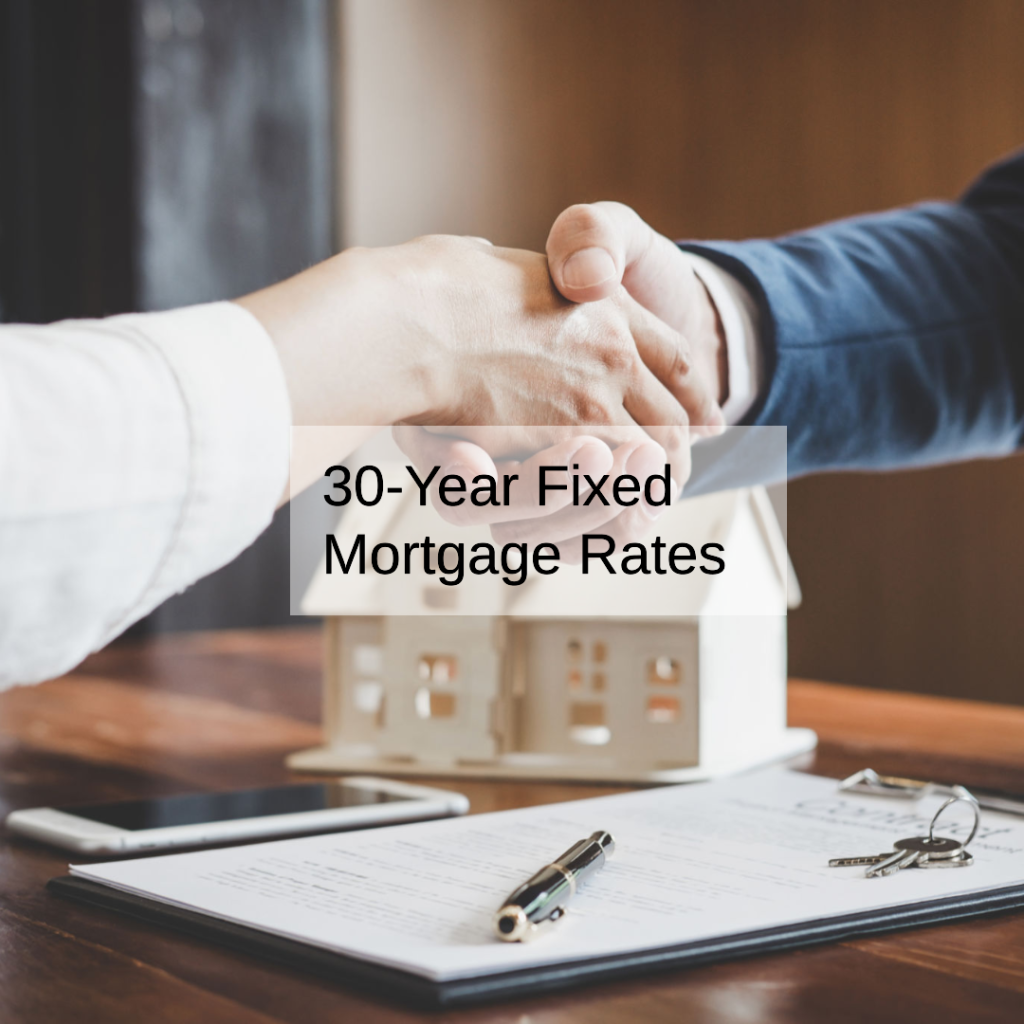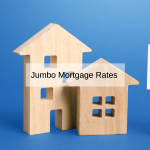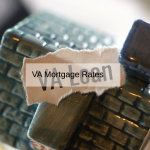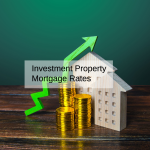In the world of mortgages, one of the most common terms you'll hear is "30-year fixed mortgage rates." Understanding what this term means and how it impacts your home buying or refinancing decisions is crucial. In this comprehensive guide, we'll explore everything you need to know about 30-year fixed mortgage rates, including how they're determined, current market trends, the benefits and drawbacks of this type of mortgage, and tips for securing the best rates.
Understanding 30-Year Fixed Mortgage Rates
A 30-year fixed mortgage loan rates is a type of loan where the interest rate remains the same for the entire 30-year term. This means that your monthly principal and interest payments will remain constant, providing predictability and stability in your housing costs.
Factors that Determine Your Mortgage Rate
Peeling back the layers of mortgage rate determination reveals a multifaceted process. Your credit score, loan amount, loan-to-value ratio, and economic climate all play starring roles in shaping your mortgage rate destiny.
Factors Influencing 30-Year Fixed Mortgage Rates
Several factors influence 30-year fixed mortgage loans rates, including economic indicators such as the gross domestic product (GDP), inflation rates, and the overall health of the housing market. When the economy is strong, interest rates tend to rise, and vice versa.
How to Get the Best Mortgage Rate
Earning the badge of the best mortgage rate requires a strategic approach. Elevate your credit score, shop around diligently, and consider point payments to sweeten the deal. It's the mortgage rate Olympics, and you're in it to win it!
How 30-Year Fixed Mortgage Rates are Determined
Lenders determine 30-year fixed mortgage rates based on several factors, including the borrower's credit score, the loan amount, the loan-to-value ratio, and the current economic environment. The Federal Reserve's actions also play a significant role in setting these rates.
How to Refinance Your Current Mortgage
Refinancing your current mortgage loan refinance is akin to hitting the reset button on your homeownership journey. Understand the process, crunch the numbers, and weigh the pros and cons to determine if refinancing is the right move for you.
Benefits of a 30-Year Fixed Mortgage
One of the primary benefits of a 30-year fixed mortgage is the stability it provides. With a fixed-rate loan, your monthly payments remain the same throughout the life of the loan, making it easier to budget and plan for other financial goals.
Drawbacks of a 30-Year Fixed Mortgage
While a 30-year fixed mortgage offers stability, it typically comes with a higher interest rate compared to adjustable-rate mortgages (ARMs). This means you may end up paying more in interest over the life of the loan, especially if interest rates remain low or decrease in the future.
Comparing 30-Year Fixed Mortgage Rates
When comparing 30-year fixed mortgage loans rates, it's essential to look beyond the interest rate alone. The annual percentage rate (APR) gives a more accurate picture of the total cost of borrowing by including fees and other charges associated with the loan.
Compare Mortgage Lenders Side by Side
The mortgage loan lender arena is a bustling marketplace, with each contender vying for your attention. Equip yourself with the tools to compare lenders side by side, evaluating not only interest rates but also APR, fees, and customer service.
Tips for Securing the Best 30-Year Fixed Mortgage Rate
To secure the best 30-year fixed mortgage rate, consider taking steps to improve your credit score, shop around and compare rates from multiple lenders, and consider paying points to lower your interest rate.
30-year fixed mortgage rates play a significant role in the home buying and refinancing process. Understanding how these rates are determined, current market trends, and the benefits and drawbacks of this type of mortgage can help you make informed decisions about your housing finances. By following the tips outlined in this guide, you can secure the best possible rate for your 30-year fixed mortgage.
Frequently Asked Questions About 30-Year Fixed Mortgage Rates
1. What is a 30-year fixed mortgage rate?
A 30-year fixed mortgage rate is a type of loan where the interest rate remains the same for the entire 30-year term. This means your monthly payments remain constant, providing stability in your housing costs.
2. How are 30-year fixed mortgage rates determined?
30-year fixed mortgage rates are determined by several factors, including economic indicators, the borrower's credit score, the loan amount, the loan-to-value ratio, and the current economic environment.
3. What are the benefits of a 30-year fixed mortgage?
One of the primary benefits of a 30-year fixed mortgage is the stability it provides. With a fixed-rate loan, your monthly payments remain the same throughout the life of the loan, making it easier to budget and plan for other financial goals.
4. What are the drawbacks of a 30-year fixed mortgage?
While a 30-year fixed mortgage offers stability, it typically comes with a higher interest rate compared to adjustable-rate mortgages. This means you may end up paying more in interest over the life of the loan, especially if interest rates remain low or decrease in the future.
5. How do I compare 30-year fixed mortgage rates?
When comparing 30-year fixed mortgage rates, it's essential to look beyond the interest rate alone. The annual percentage rate (APR) gives a more accurate picture of the total cost of borrowing by including fees and other charges associated with the loan.
6. How can I secure the best 30-year fixed mortgage rate?
To secure the best 30-year fixed mortgage rate, consider taking steps to improve your credit score, shop around and compare rates from multiple lenders, and consider paying points to lower your interest rate.
7. Are 30-year fixed mortgage rates the best option for everyone?
30-year fixed mortgage rates may not be the best option for everyone. It's essential to consider your financial situation and goals when choosing a mortgage term. Working with a mortgage professional can help you determine the best option for your needs.
8. How do economic conditions affect 30-year fixed mortgage rates?
Economic conditions, such as the state of the economy, inflation rates, and the overall health of the housing market, can impact 30-year fixed mortgage rates. When the economy is strong, interest rates tend to rise, and vice versa.
9. Should I lock in my 30-year fixed mortgage rate?
Deciding when to lock in your 30-year fixed mortgage rate depends on your individual circumstances and market conditions. It's a good idea to consult with your lender and consider factors such as current market trends and your financial goals.
10. Can I refinance my 30-year fixed mortgage?
Yes, you can refinance your 30-year fixed mortgage to take advantage of lower interest rates or to change the terms of your loan. However, refinancing comes with costs and considerations that should be weighed carefully before making a decision.















